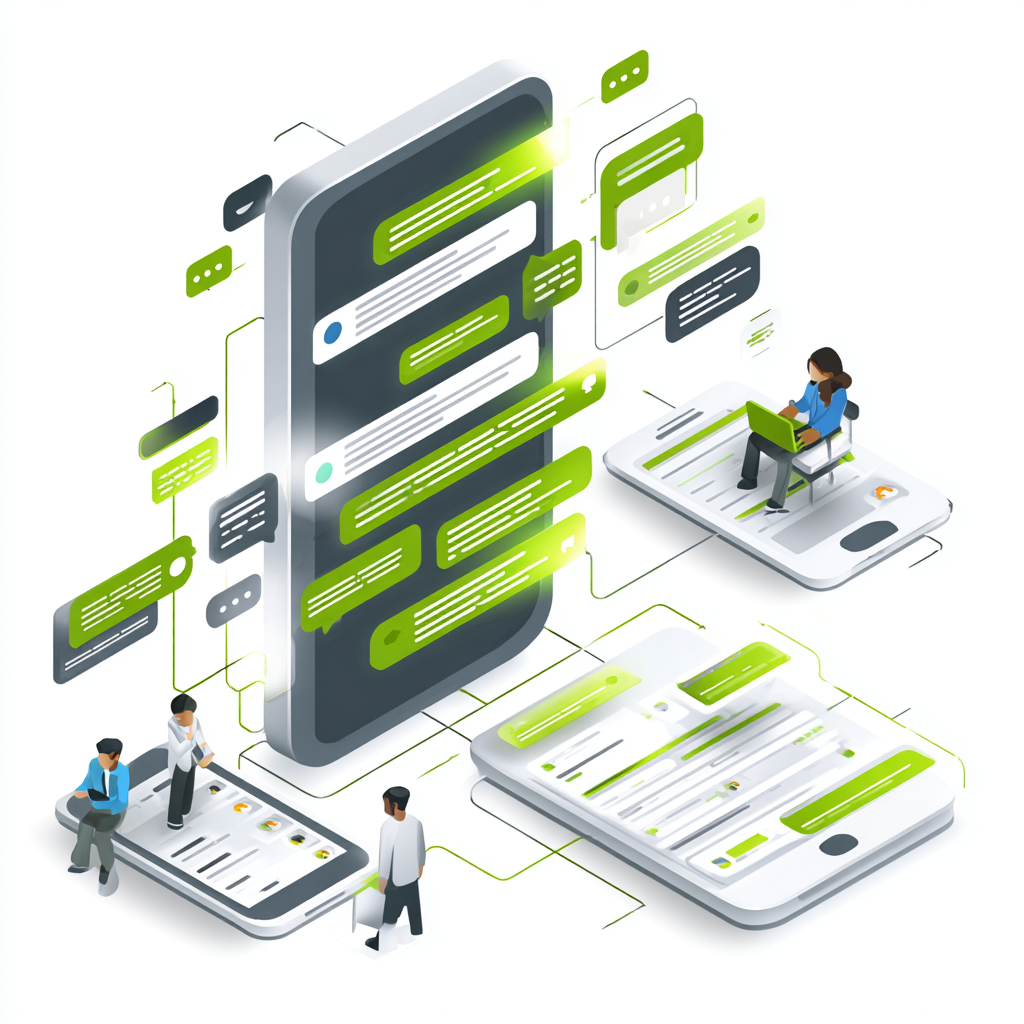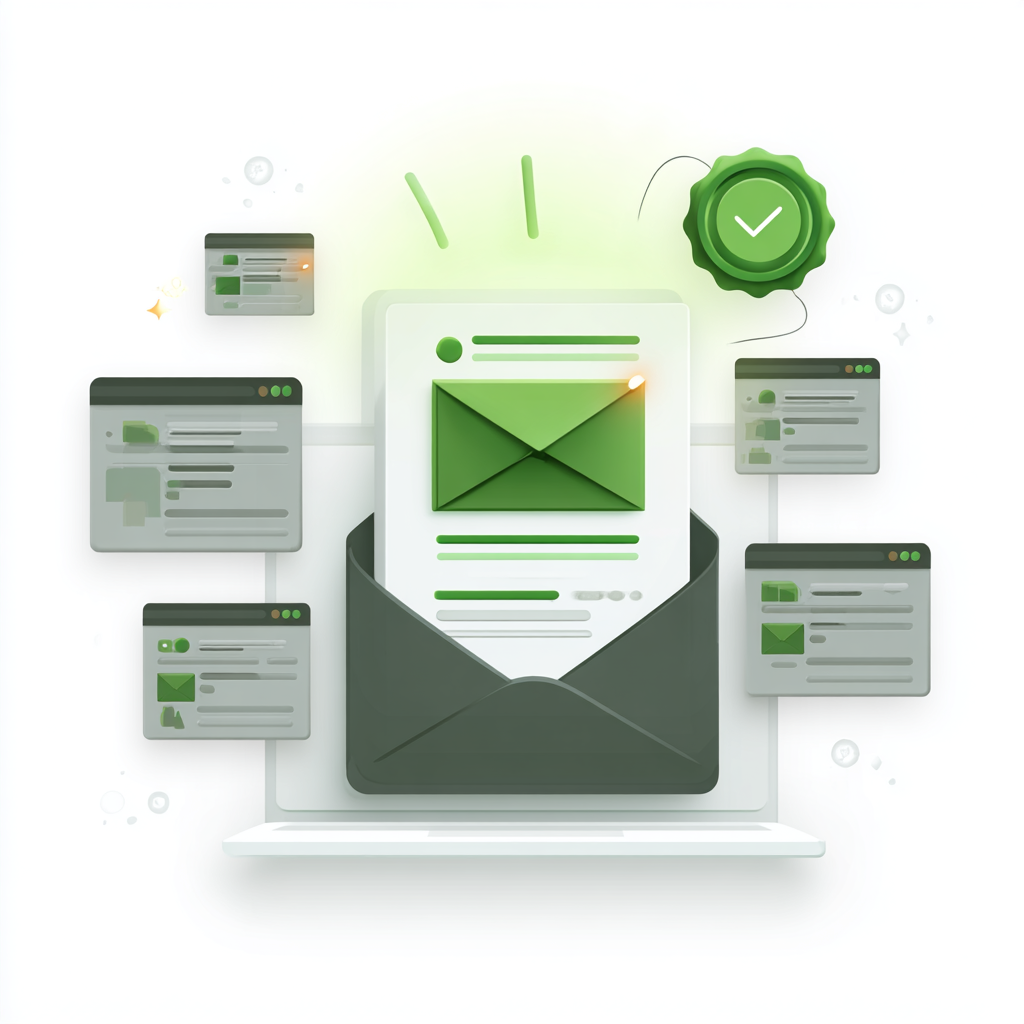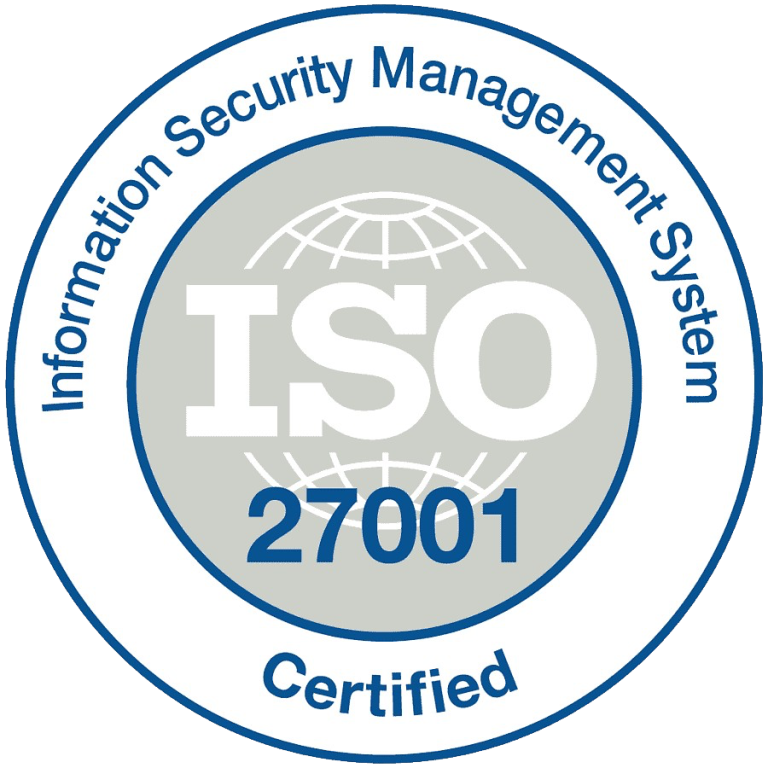Businesses today constantly search for effective ways to reach and engage their target audiences. Email marketing for business growth is a powerful tool among the different digital marketing strategies; it is a direct form of communication that aids businesses in reaching their customers and prospects with tailored messages.
Unlike social media, where algorithms can limit reach, email marketing delivers content directly to the inbox, ensuring a higher probability of engagement.
This article explores the profound impact of email marketing on business growth, exploring its benefits and real-world applications.
The impact of email marketing on business growth
Email marketing impact can be assessed across several dimensions; here’s a detailed analysis of how email marketing contributes to business growth:
1. Increased sales and revenue generation
Email marketing directly contributes to increased sales and revenue through several mechanisms:
- Direct sales: Promotional emails drive direct purchases. A well-crafted email with compelling content and a clear call to action can lead to immediate sales. For instance, flash sales or exclusive discounts can create urgency, encouraging customers to buy.
- Cross-selling and upselling: Emails suggesting related products or higher-end alternatives can increase the average order value. For example, a customer purchasing a laptop might receive an email recommending accessories or extended warranties.
Impact: Well-targeted email campaigns often boost sales figures significantly. With email marketing, companies have reported an ROI of up to which can yield a return of $42 for every $1 invested.
2. Customer retention and loyalty
Email marketing is useful for staying in touch with customers and making them feel loyal to your brand:
- Regular engagement: Consistent email communication keeps the brand top-of-mind. Newsletters, updates, and personalized offers make customers feel valued and remembered.
- Personalization: Tailoring emails based on customer data enhances relevance and engagement. Personalized subject lines, content, and product suggestions based on what customers have bought before or looked at online can help.
Impact: Increased customer retention and loyalty reduce churn rates and enhance lifetime customer value. Personalized emails improve transaction rates sixfold compared to non-personalized emails.
3. Cost-effectiveness
Email marketing is known for its cost efficiency:
- Low cost: Email marketing is far less expensive than other marketing channels like TV or print. The costs are primarily related to software, design, and content creation.
- High ROI: The ability to reach thousands of customers with a single campaign at minimal cost contributes to its high ROI. The efficiency in targeting and personalization further boosts this return.
Impact: Businesses, particularly SMEs and startups, benefit from email marketing’s high ROI, which allows them to compete more fairly with bigger companies.
4. Measurable results
Email marketing provides detailed analytics, which are crucial for refining strategies:
- Analytics: Measuring the number of people who open emails, click on links, buy something, or bounce back can tell you how well your campaign is doing.
- A/B testing: Businesses can experiment with different email elements (e.g., subject lines, visuals, content) to determine what resonates best with their audience.
Impact: The ability to measure and analyze results helps you keep making your email campaigns, leading to progressively better performance over time.
5. Enhanced customer relationships
Emails foster direct communication channels with customers:
- Two-way communication: Feedback surveys, customer service emails, and personalized follow-ups help build a dialogue between the business and its customers.
- Customer segmentation: By segmenting the email list, businesses can send more relevant messages to different audience segments based on demographics, purchase history, or engagement levels.
Impact: When you make customers happier, they are more likely to keep coming back and telling others about you, which is great for business.
6. Brand awareness and trust
Consistent and valuable email content enhances brand perception:
- Consistent branding: Regularly appearing in customers’ inboxes with consistent branding helps reinforce brand identity.
- Educational content: Sharing helpful content like tips, industry news, and how-to guides positions the brand as an authority in its field.
Impact: Enhanced brand awareness and trust contribute to long-term brand equity and customer loyalty.
7. Driving website traffic
Emails can significantly boost website visits:
- Content promotion: Emails promoting blog posts, videos, or new product pages drive traffic back to the website.
- Special offers: Promotional emails with exclusive deals or early access offers encourage recipients to visit the site and explore.
Impact: Increased website traffic leads to higher conversion chances and can also improve SEO rankings due to more frequent visits and engagement.
8. Lead generation and nurturing
Lead generation and nurturing through email marketing involve a smart way to bring in possible customers and guide them through buying. Here’s a detailed explanation:
- Lead magnets: Lead magnets are valuable resources in return for their contact details, usually their email address. These can include eBooks, whitepapers, webinars, or exclusive reports. The key is to provide highly relevant and valuable content to the target audience, encouraging them to share their email addresses willingly. This helps build a qualified email list of prospects interested in your offerings.
- Nurture campaigns: Once you have a list of potential leads, nurturing campaigns come into play. The emails in these campaigns provide valuable information, address potential pain points, and offer solutions that gradually build trust. By delivering consistent value and staying top of mind, these nurture campaigns effectively guide leads through the sales funnel, from initial interest to eventual purchase.
Impact: Effective lead generation and nurturing through email marketing can significantly improve conversion rates. By attracting qualified leads and systematically nurturing them, businesses can turn prospects into customers more efficiently. This approach ensures a steady influx of new customers, contributing to sustained business growth.
9. Scalability and automation
Email marketing scales easily with business growth:
- Automation: Automation tools enable businesses to manage large email lists and send targeted messages without significantly increasing workload. For example, welcome emails, birthday wishes, or re-engagement campaigns can be automated to deliver personalized experiences.
- Scalable campaigns: As a business grows, email campaigns reach a larger audience, including global markets. This scalability allows companies to expand their reach without proportionally increasing marketing efforts.
Impact: Scalability ensures that email marketing remains effective and manageable even as the business expands, allowing continuous growth without a linear increase in marketing costs or efforts.
10. Targeted marketing
Emails can be highly targeted based on customer behavior and preferences:
- Behavioral targeting: Triggered emails based on actions (e.g., abandoned cart emails) ensure timely and relevant communication. For example, sending an email reminder to a customer who left items in their online cart can help ensure they still buy them.
- Demographic and geographic segmentation: Targeting specific audience segments ensures higher relevance and engagement. For example, sending region-specific promotions or offers catering to different demographic groups’ interests enhances email campaigns’ effectiveness.
Impact: Targeted marketing enhances the efficiency of email campaigns, leading to better engagement, higher conversion rates, and a more personalized customer experience.
Businesses can significantly improve their marketing outcomes by delivering the right message to the right audience at the right time.
Real-world applications
Numerous businesses have successfully leveraged email marketing to drive growth. Here are two illustrative examples:
Amazon:
As a global e-commerce giant, Amazon uses sophisticated email marketing strategies to enhance customer experience and boost sales. Several core strategies drive Amazon’s marketing success.
A strong focus on customer satisfaction is at the forefront, emphasizing exceptional service and hassle-free returns. Their recommendation engine, which personalizes product suggestions based on user data, is crucial in engaging customers.
The Amazon Prime program, offering benefits such as expedited shipping and streaming services, fosters customer loyalty and increases spending. Including third-party sellers broadens the marketplace’s product range, attracting a larger customer base and boosting revenue.
Furthermore, Amazon’s commitment to innovation, particularly in AI and robotics, enhances operational efficiency and customer experiences. Lastly, the company’s extensive data analytics inform strategic decisions and optimize marketing efforts.
BuzzFeed:
Known for its engaging content, BuzzFeed uses email newsletters to drive significant traffic to its website by implementing strategic audience segmentation and personalization.
By dividing their email list based on interests, behaviors, and demographics, BuzzFeed ensures that each subscriber receives highly relevant content, increasing engagement.
They create compelling newsletters featuring eye-catching headlines, captivating images, and interactive elements, which entice recipients to click through to the site.
Utilizing automation, BuzzFeed sends timely, personalized emails based on user actions, such as a welcome series for new subscribers and re-engagement campaigns for inactive users.
Continuous analysis of metrics like open and click-through rates allows BuzzFeed to optimize its email campaigns through A/B testing and refined content strategies, ensuring its emails consistently resonate with its audience and drive traffic back to its platform.
Conclusion
Sending emails to customers is still important for a good online marketing plan. Its ability to deliver personalized, measurable, and cost-effective communication directly to consumers’ inboxes makes it an indispensable tool for businesses aiming to foster growth.
By creating a good email list and producing exciting content, optimizing for mobile, automating campaigns, and continually testing and optimizing, businesses can use email marketing to get people interested and involved, increase conversions, and achieve long-term growth.
Email marketing’s direct and personal approach ensures it will continue to be a business growth strategy for years.





